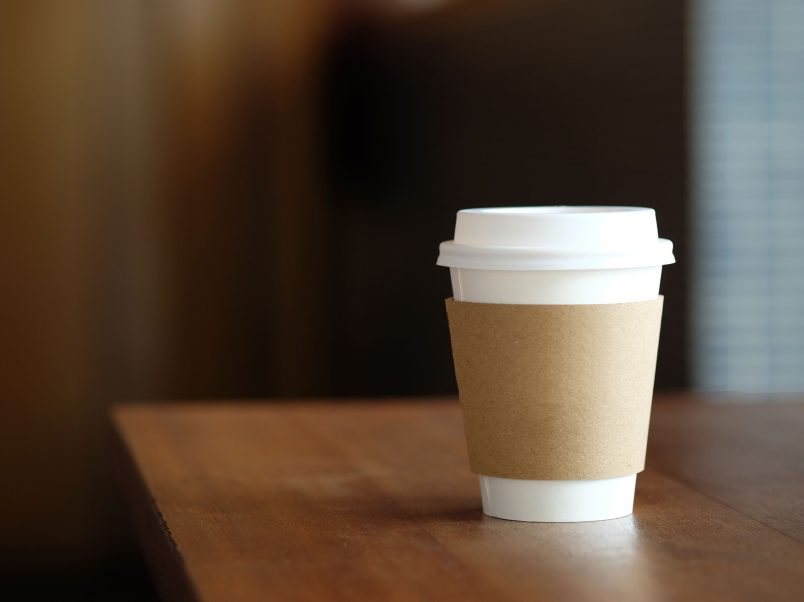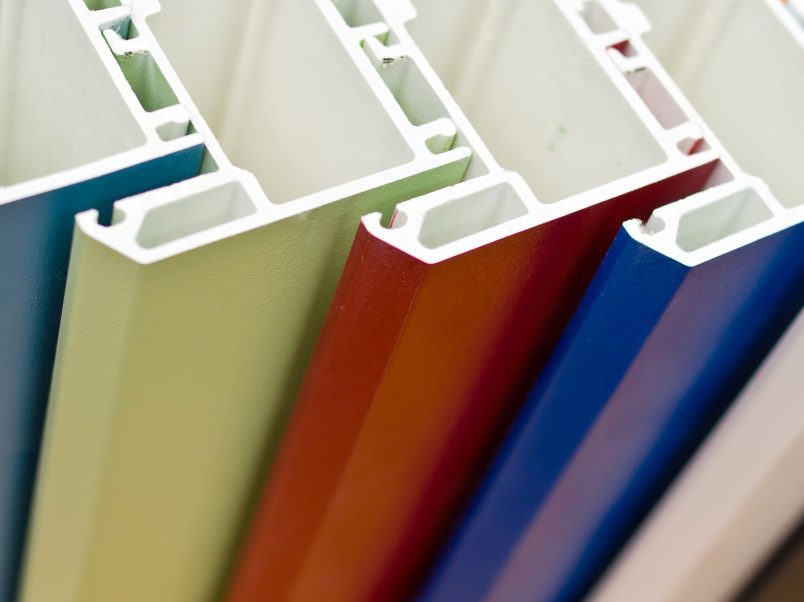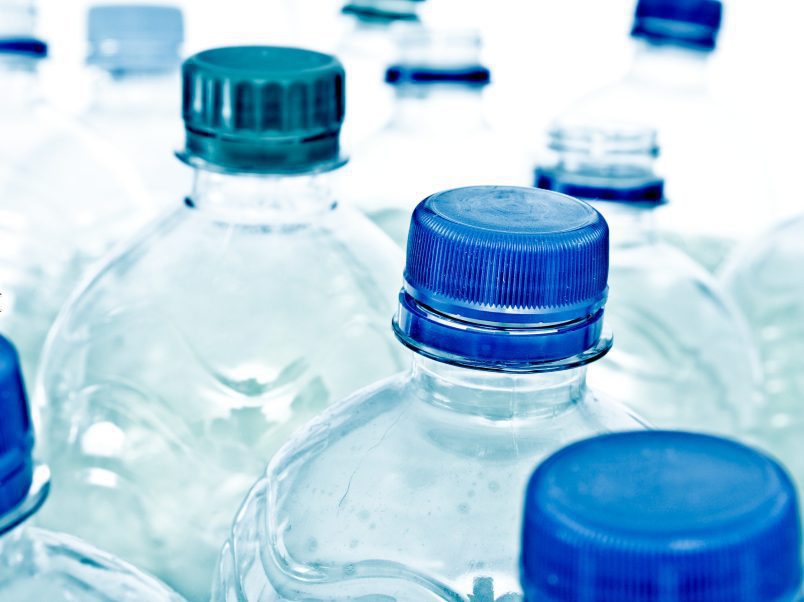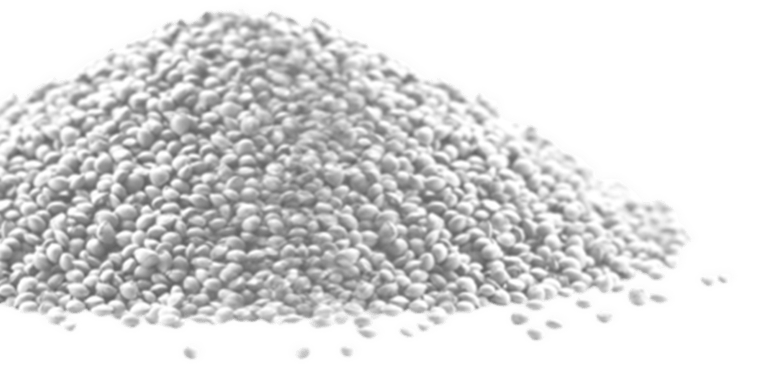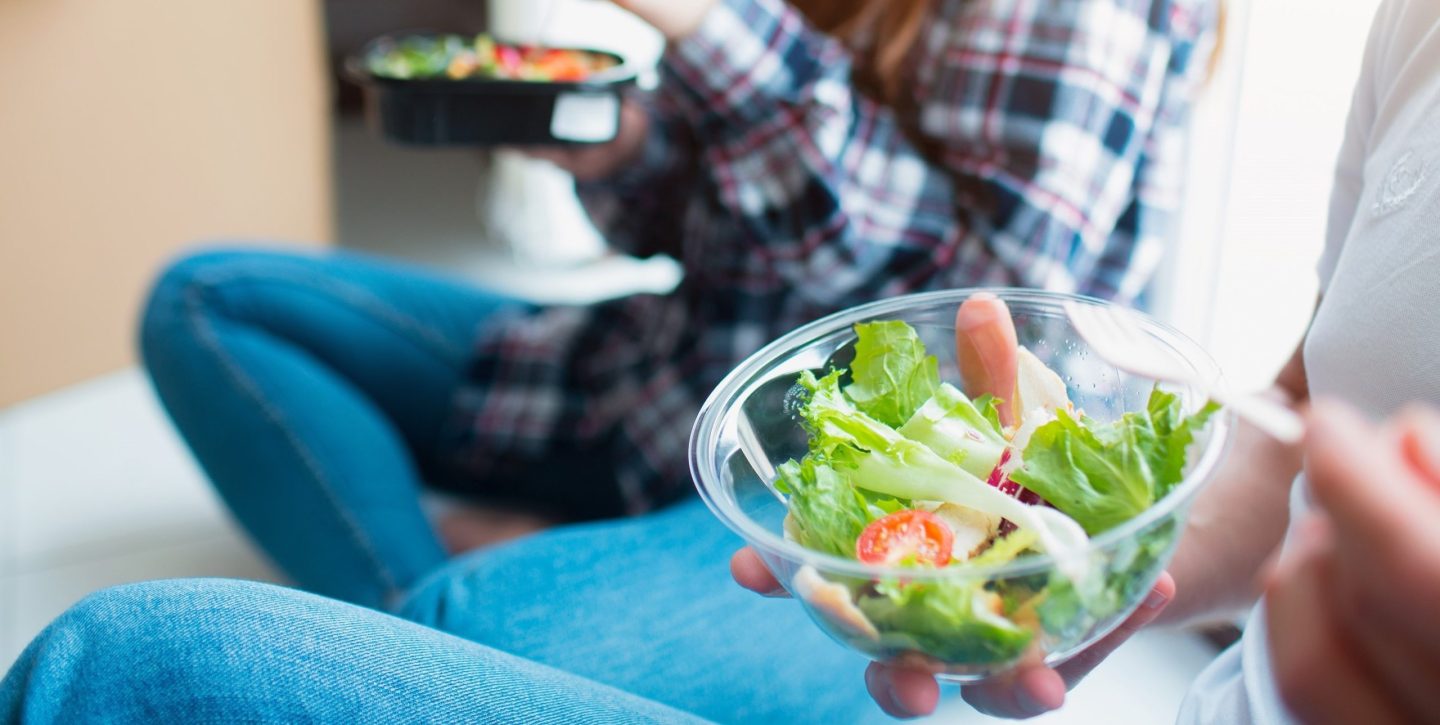
Trays from Bioplastics
Safely packaged and perfectly presented with trays made of bio-based or biodegradable plastics for catering and food packaging.
We are happy to help.
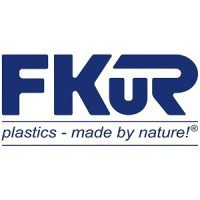
Sales team
Thermoforming with bio-based plastics for more sustainability
The use of plastics in the packaging sector, which is marked by extremely high volumes in some cases, is currently under discussion more than ever. Sustainable packaging is a trend and is demanded by more and more consumers. Customers also expect environmentally friendly packaging and solutions in the catering industry, in take-away stores or for snacks to go from the supermarket. Proven ways to achieve greater acceptance here include the use of recycling-friendly monolayer structures and a reduction in material consumption by reducing thickness and thus weight. What is less well known from this point of view is that bio-based thermoplastics are also suitable for one of the most widespread manufacturing processes in the industry – thermoforming, also known as deep-drawing – and combine aesthetics with functionality and a significant plus in sustainability.
Our bio-based and biodegradable plastics offer a wide range of options for the production of bioplastic trays and thermoformed trays. Customers can choose between recyclable drop-in plastics made from renewable raw materials or biodegradable and compostable bioplastic granulates. Our bioplastic granules can be processed on conventional plastic processing machines.
Flexible, bio-based and biodegradable
Our Bio-Flex® blends are fully biodegradable or compostable (according to EN 13432) and are based on PLA (polylactic acid). By combining them with other biodegradable polymers, all types are significantly more flexible than pure rather brittle PLA.
The biodegradable granules of the Bio-Flex® range are characterized by individual strengths for thermoforming. A wide range of properties is available, from grades with high stiffness and strength, high ductility or a balance of properties. The thermoformable Bio-Flex® grades are characterized by excellent heat resistance and can be processed on conventional cast film systems. The subsequent thermoforming process can be carried out either inline or offline. Bio-Flex® granules suitable for thermoforming meet the specifications of EN 10/2011 and are suitable as food contact packaging material. In addition to food trays and bowls, typical applications include cup lids for cold beverages or or coffee capsules.
100% recyclable: trays and thermoformed packaging made of bio-PET
Transparent trays and thermoformed packaging can be produced from the partially bio-based PET Eastlon. This bio-PET, which is suitable for the production of thermoforming sheets, is chemically identical to conventional PET based entirely on fossil raw materials and consists of 70% terephthalic acid and 30% bio-based monoethylene glycol (Bio-MEG). The basis for the Bio-MEG used here, however, is ethanol obtained from the renewable plant raw material sugar cane.
Eastlon’s properties and processing are the same as those of conventional PET. Like it, it can be printed, die-cut, embossed and glued, and it combines high optical clarity with good resistance to a wide range of chemicals and oils. As a result, Eastlon is proving successful as a drop-in solution in a wide range of thermoforming applications that previously used conventional PET, most notably transparent packaging solutions. In existing PET material streams, it is fully recyclable.
Thermoforming with polyethylene from sugar cane
Suitable for the production of films and subsequent thermoforming, Green HDPE SHE 150 in FKuR’s portfolio is part of Braskem’s bio-based I’m green™ PE family, which is produced on the basis of sugar cane. The recyclability and mechanical properties correspond to those of conventional HDPE made from crude oil, so this material can also be used as a drop-in product.
A suitable material for every task
Thermoforming, also known as vacuum forming or deep drawing, is a highly economical process for the manufacture of millions of products, which in addition to the mentioned cup lids include above all blister packs and trays. These are primarily used for the packaging sector, but also for the toy, consumer goods and automotive industries, as well as many other sectors.

